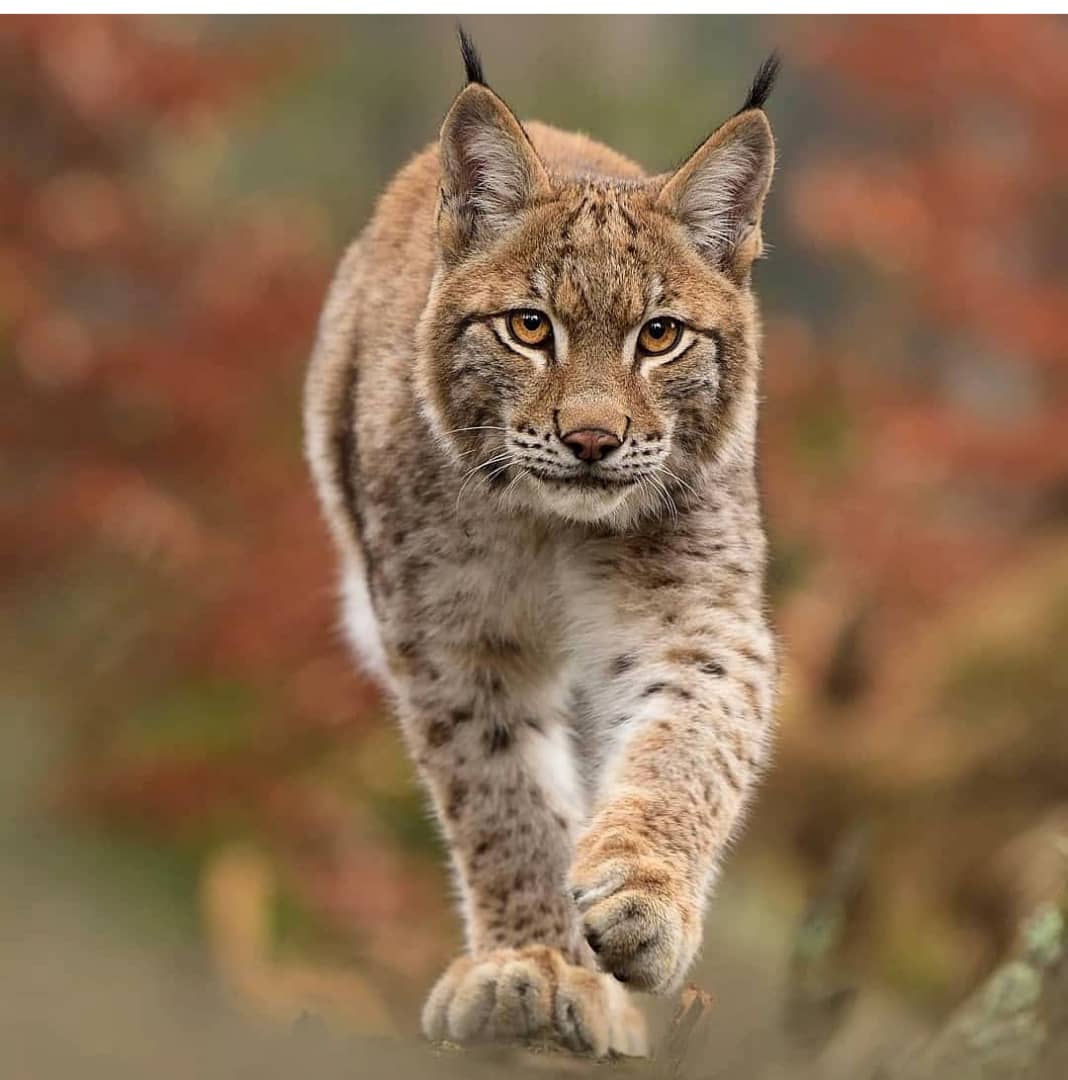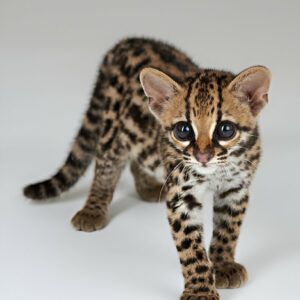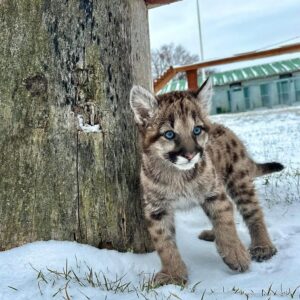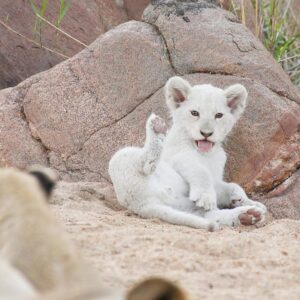Description
Discover the Majestic Lynx: A Unique Exotic Pet Option
The lynx, a symbol of wilderness and mystery, is a captivating choice for those considering an exotic pet. Known for their striking tufted ears, thick fur, and elusive nature, these wild cats are a unique and rewarding companion for experienced exotic pet owners. However, adopting a lynx requires a deep understanding of their needs, a commitment to their care, and compliance with legal regulations. If you’re ready to embark on this extraordinary journey, let’s explore what makes the lynx such a remarkable animal.
Introduction to the Lynx
The lynx is a medium-sized wild cat belonging to the genus Lynx. There are four species: the Eurasian lynx, Canadian lynx, Iberian lynx, and bobcat (sometimes considered a separate species). These majestic creatures are native to the forests and mountainous regions of North America, Europe, and Asia. With their tufted ears, short tails, and dense fur, they are perfectly adapted to cold climates and rugged terrains.
Physical Characteristics
These wild cats are known for their distinctive features:
- Size: They weigh between 20 to 40 pounds, with males being larger than females.
- Fur: Their thick, soft fur is typically grayish brown with black spots or streaks, providing excellent camouflage in their natural habitat.
- Ears and Tail: Their tufted ears and short, stubby tails are iconic traits that set them apart from other wild cats.
- Paws: Large, padded paws act like snowshoes, allowing them to move effortlessly through deep snow.
Behavior and Temperament
Lynxes are solitary, territorial, and highly independent animals. In the wild, they are skilled hunters, preying on small mammals like hares, rodents, and birds. While they can form bonds with their human caregivers, they retain their wild instincts and are not domesticated like house cats. These cats are generally quiet and elusive, but they can be playful and curious in the right environment.
10 Essential Care Tips for Lynxes
1. Spacious Housing
- They require a large, secure enclosure that mimics their natural habitat. An outdoor space with trees, rocks, and hiding spots is ideal. The enclosure must be escape-proof and provide protection from extreme weather conditions.
2. Balanced Diet
- As obligate carnivores, they need a diet rich in animal protein. A balanced diet includes raw or cooked meat, such as chicken, rabbit, or venison, supplemented with bones for dental health.
3. Exercise and Enrichment
- Provide climbing structures, toys, and opportunities to hunt or explore to keep them engaged.
4. Social Needs
- While they are solitary by nature, they can form strong bonds with their owners. However, they may not get along with other pets, especially smaller animals.
5. Grooming
- Regularly check their fur, nails, and teeth to ensure they remain in good condition.
6. Veterinary Care
- Schedule regular check-ups with an exotic animal veterinarian to ensure their health and well-being.
7. Environmental Enrichment
- Create a stimulating environment with climbing structures, foraging toys, and safe outdoor exposure (if possible).
8. Temperature and Lighting
- Maintain a temperature of 65-75°F (18-24°C) and provide access to natural or full-spectrum lighting to mimic their natural environment.
9. Training
- Use positive reinforcement techniques to teach good behavior and build trust.
10. Long-Term Commitment
- Remember, these animals can live for several decades, so ensure you’re ready for a lifelong commitment.
Legal Considerations
Owning a lynx is subject to strict regulations that vary by location. Many countries and states require permits, veterinary checks, and proof of adequate housing. Failure to comply with these laws can result in fines, confiscation of the animal, or legal action. Always research local laws before considering adoption.
Why Adopt a Lynx?
Adopting a lynx is a unique opportunity to connect with one of nature’s most enigmatic creatures. Their beauty, intelligence, and wild spirit make them a truly extraordinary companion. However, ownership is not for everyone. It requires a significant commitment of time, resources, and expertise to ensure their well-being.
Interesting Facts
- They have exceptional hearing and can detect prey from great distances.
- Their tufted ears enhance their hearing and are a key feature of their communication.
- They are excellent climbers and swimmers, making them highly adaptable to various terrains.
- The Iberian lynx is one of the most endangered wild cat species in the world.
Conclusion
The lynx is a magnificent and awe-inspiring animal that demands respect, understanding, and dedication from its owners. If you are prepared to provide the specialized care and environment they need, you could be rewarded with a lifelong bond with one of nature’s most stunning creatures. Before proceeding, ensure that you fully understand the responsibilities and legal requirements associated with ownership.
At Exotic Pets Care, we are committed to helping you find the perfect exotic companion. Contact us today to learn more about adopting or to explore other exotic pet options available to you.







Reviews
There are no reviews yet.